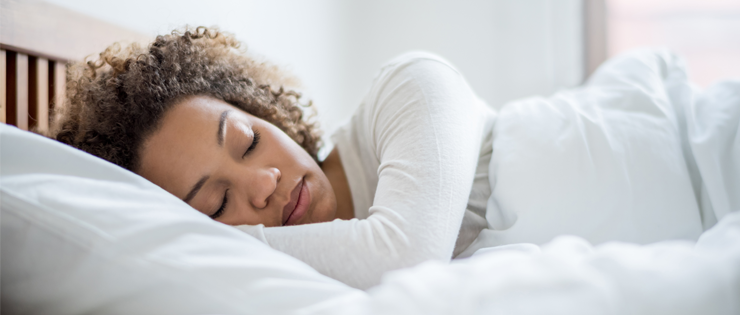
Why those zzz’s are so important for your mental health, happiness and success
As you read this, I obviously have no way of knowing who you really are. But as you read this I’m pretty confident that you’re most likely getting one hours less sleep each night than you really need. Because that’s the sort of sleep deprivation the average person in Australia, and across much of the developed world, experiences these days.
And it’s a massive problem!
Lack of sleep doesn’t just lead to tiredness; it does. But lack of sleep has also been found to be associated with impaired cognitive functioning (thinking), difficulty concentrating and remembering, poorer decision-making, moodiness and relationship problems, even increased risk of cardiovascular problems and weight gain.
The good news, however, is that taking steps to ensure you get enough, good quality sleep can significantly improve your physical and mental health. Addressing sleep problems can improve your performance in every area of life (including work).
You can, quite literally, sleep your way to the top!
But most people don’t know what to do to address insomnia and other difficulties; so today I’m excited to share with you my top ten tips for better sleep:
Understand the need for sleep – as already noted, sleep is a vital part of a healthy and happy life. It’s not a waste of time; in fact, you can’t enjoy a good time if you’re constantly tired and lacking energy
Make sleep a priority – following on from the previous point, given sleep is so important, it needs to be made a priority. If not, other things will always take precedence and if they do, ultimately, you’ll suffer
Watch your diet – there’s limited evidence for foods or drinks that really improve sleep, but there are a number of dietary variables that will definitely have a negative impact on sleep. So try to avoid caffeine late in the afternoon or evening and also, minimise alcohol intake (although alcohol can induce sleep onset it will also cause night wakening leading to disrupted and poor quality sleep)
Exercise and be active – we all know that activity and exercise are good for our general health but many don’t appreciate how important they are for our sleep as well. Those who are more active during the day tend to sleep much better at night
Relax - one of the simplest and most effective sleep strategies is to have a “wind down” period 60-90 minutes prior to the time you want to go to sleep. During this time it can be very helpful to engage in relaxing type activities including formal relaxation strategies but also, anything you find calming such as reading (and ideally, no “screen time”)
Develop a good sleep routine – a wind down period should also be part of a broader, healthy sleep routine; that is, as much as possible, we should engage in the same patterns of behaviour each and every night; and each and every morning. So set up your night time relaxation routine but also, try as much as possible to get up at the same time every morning
Manage your time – time-management is a simple but effective stress management tool and given that stress is one of the most common sleep killers, reducing stress will directly improve sleep
Manage worrying thoughts – along similar lines to the previous point, it’s important to manage negative, worrying thoughts as these can most definitely make it difficult to sleep. So set aside time earlier in the day to address any worries, keep things in perspective, and/or keep a pad and a pen besides your bed so you can write down any concerns you have during the night time and then tell yourself that you’ll deal with them at a more appropriate time
Deal with other problems – this is very much in the same category as the previous few tips which essentially are about managing life as best you can so you can be calm and relaxed when you want to sleep. Make time, therefore, to deal with whatever needs to be dealt with and where necessary or appropriate, don’t be afraid to seek out and ask for help
Persevere – any and all of these tips that appear useful will require time to practice and to master. Don’t, therefore, expect things to magically improve over night. That being said, all these tips have been proven to work so if you stick at it, things will get better and you’ll begin to enjoy more sleep